All podcasts
Podcast
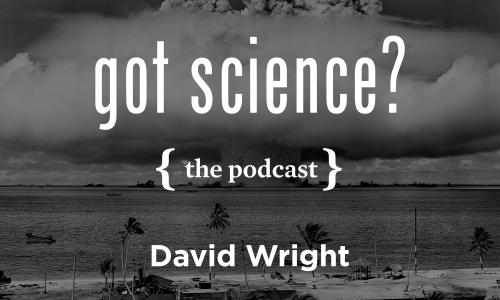
Five Ways to Start a Nuclear War
Physicist David Wright discusses the nuclear weapons policies and scenarios that threaten our safety, and how to mitigate those risks.
Podcast
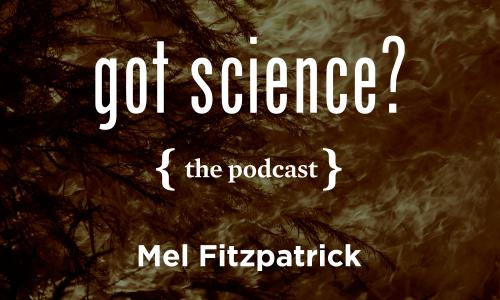
Climate Change: Wildfires in Australia
Climate scientist and educator Dr. Mel Fitzpatrick dissects Australia's wildfires and explores how climate change has made them more catastrophic.
Podcast
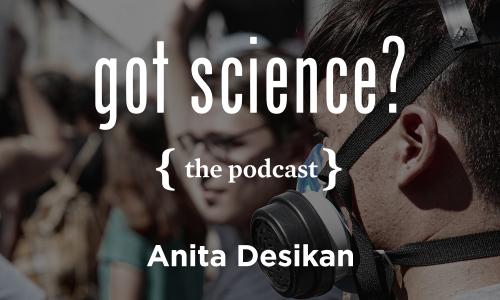
When Science is Neglected, Who’s Hurt?
Research scientist Anita Desikan digs into the data to uncover the communities most at risk from the Trump administration ignoring science.
Podcast
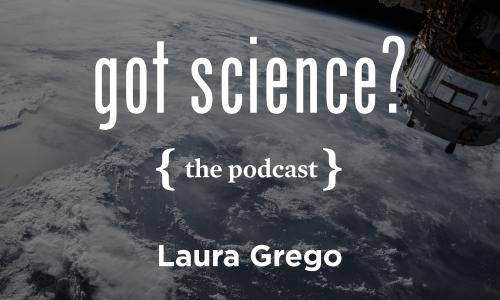
The Science of Keeping Satellites Safe
Physicist and global security expert Dr. Laura Grego fills us in on the past, present, and future of satellites.
Podcast
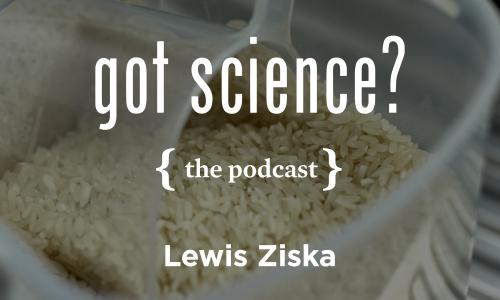
Carbon Emissions Rise, Rice Nutrition Falls
Former USDA senior scientist Lewis Ziska discusses his research on rice and carbon dioxide—and how the Trump USDA suppressed his findings.
Podcast
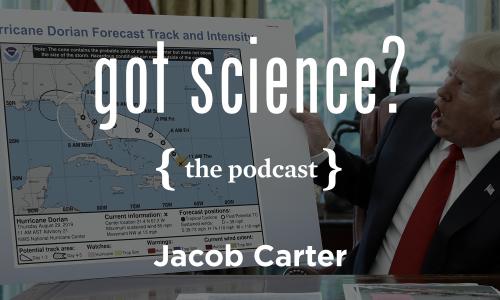
How “Evidence-Based” Became a Dirty Word
Dr. Jacob Carter explores the consequences of the Trump administration’s attacks on science.
Podcast
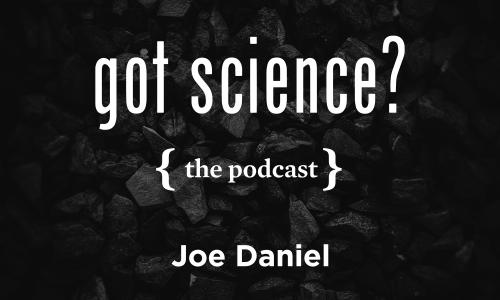
Coal Plants, Turn the Power Off and You’ll Make More Money
Energy analyst Joe Daniel explains why seasonal shutdowns can save utilities, and customers, money.
Podcast
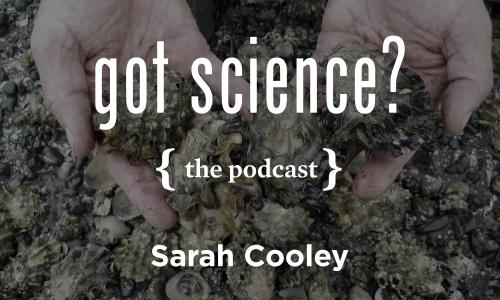
Stressed-Out Fish and Ocean Acidification
Dr. Sarah Cooley explains how changes in ocean chemistry are having a ripple effect on sea life and our economy.
Podcast
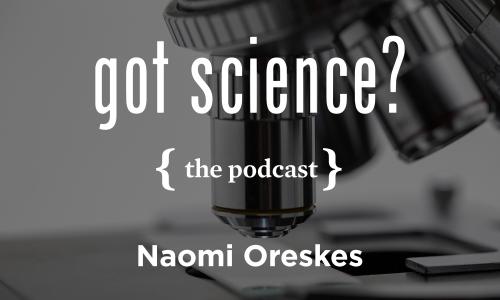
Why Trust Science?
Science Historian Naomi Oreskes explains why science's social character makes it trustworthy, and what we can learn from science's past.
Podcast
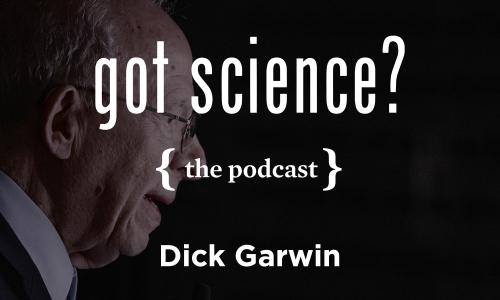
From H-Bomb to the iPhone
Dr. Dick Garwin discusses advocacy and his work developing the hydrogen bomb, GPS, and touch screens.
Podcast
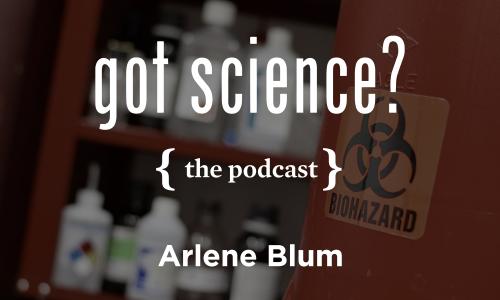
Scaling Mountains to Ban Toxic Chemicals in Pajamas
Arlene Blum discusses her research on cancer-causing chemicals in kid’s pajamas in the 70s and chemical safety today.
Podcast
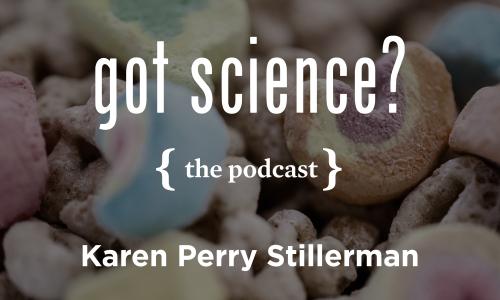
How Cereal Companies Can Take a Bite Out of Climate Change
Analyst Karen Perry Stillerman discusses how cereal makers can help farmers improve soil health, prevent water pollution, and reduce the climate impact of our agricultural system.